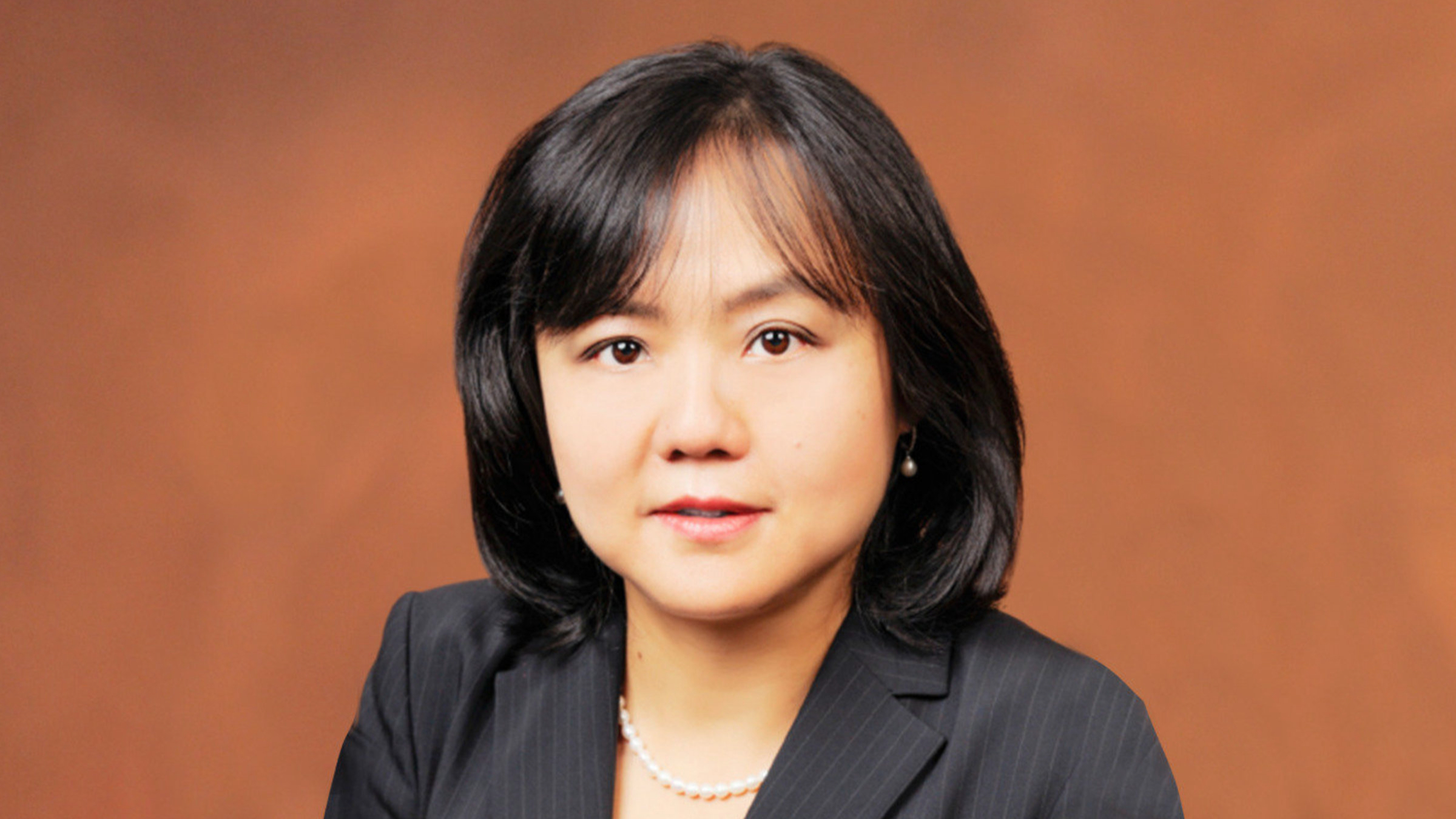
Armed with library of molecular glues, Degron launches out of a Shanghai lab
A transpacific biotech focused on molecular glues now has more funds to play with as it works to vie for Big Pharma’s attention.
Degron Therapeutics announced a Series A worth $22 million Thursday, with Chinese VC Med-Fine Capital as lead investor and other investors such as Dyee Capital and Baidu Venture tagging along. Seed investors CO-WIN Ventures and Yuanbio Venture Capital also participated, Degron said in a statement.
Unlock this article instantly by becoming a free subscriber.
You’ll get access to free articles each month, plus you can customize what newsletters get delivered to your inbox each week, including breaking news.